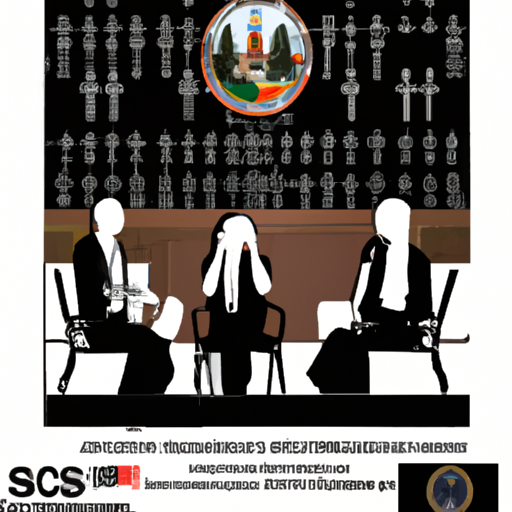Cracking Down on the Canadian Opioid Crisis: The Supreme Court Steps In
In a bid to stem the devastating tide of the opioid crisis in Canada, the Supreme Court has given the green light to a B.C. law that will recover health costs from opioid manufacturers and distributors. A beacon of hope maybe on the horizon.
The Supreme Court Ruling
The Supreme Court ruled unanimously in favor of the legislation, a landmark affirmation that could set the groundwork for other areas of the country to adopt similar measures. At the heart of this ruling is the B.C government’s attempt to recoup some of the enormous costs associated with the opioid crisis from opioid manufacturers and distributors.
The opioid crisis has been a scourge of Canadian society, rending families apart, causing spikes in homelessness and crime, and putting a significant strain on the healthcare system. According to the Government of Canada, from January 2016 to December 2020, more than 21,000 Canadians died because of opioids.
Effect of the Opioid Crisis
The opioid crisis implicates not only a health catastrophe but also massive socioeconomic implications. Families are being shattered, healthcare resources stretched thin, and emergency workers are overwhelmed by the sheer volume of overdose calls.
Homelessness
The opioid crisis is intricately linked with homelessness. Substance abuse can lead to homelessness; conversely, the harsh conditions of life on the streets often drive individuals to drug use as a method of coping. This vicious cycle amplifies the gravity of both issues.
Crime
Opioid addiction has seen a rise in crime rates. Desperate to feed addictions, individuals often turn to illegal activities to fund their habits, negatively impacting communities.
Healthcare Strain
Canadian healthcare has been under significant strain due to the opioid crisis. Emergency departments are dealing with a surge in overdose-related admissions, while the cost of distributing naloxone, a life-saving treatment for opioid overdoses, is putting a dent in healthcare budgets.
Towards a Solution
B.C’s move to recover costs marks a pivotal step in the fight against the opioid crisis. Although not the singular solution to this monumental problem, pursuing the opioid class action can provide funds necessary for treatment, prevention, and support endeavors.
Key Points:
- B.C plans to recover healthcare costs related to the opioid crisis directly from opioid manufacturers and distributors.
- The Supreme Court has unanimously supported this move, paving the way for similar initiatives across the country.
- The opioid crisis has led to increased homelessness, crime, and a strain on healthcare resources.
- The move to recover costs can provide funds necessary for treatment programs, prevention efforts, and support for those affected.
Closing thoughts…
The enactment of the B.C law marks a significant stride forward in Canada’s battle against the opioid crisis. While far from the conclusive solution, this move, backed by the Supreme Court, signifies some relief in an otherwise bleak situation. This ruling does not merely signify a method of cost recovery, but serves as a potent statement; holding accountable those contributing to the crisis and signaling a commitment to those affected by it. In a situation as complex and insidious as the opioid crisis, this is a crucial juncture. It highlights the recognition of the profound implications of this crisis and the collective effort to curb it.
We all have a stake in addressing these societal wounds, and the path towards a solution necessitates a collaborative approach. Each stride taken, no matter how seemingly small, contributes towards the battle against the opioid crisis. The Supreme Court ruling empowers us as a society and strengthens our resolve to fight against the devastating effects of opioids on our communities.
